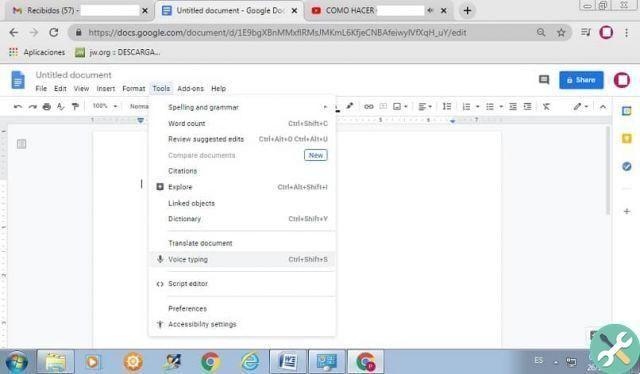New technologies and the Internet are there to have fun and make our life easier, but they are also a source of danger. Cybercriminals don't stop and use any strategy to try to steal our bank accounts and even our WhatsApp accounts.
And of course, today's popular applications such as social networks are not free from scams. Instagram is perfect for this. Millions of users, easy chat ... a goldmine for cybercriminals. For this reason, be very careful when using Instagram as you never know who you are actually interacting with.
Types of Instagram scams and how to avoid them
love scams

Be very careful with scammers on Instagram, there are a lot more of them than you think.
Instagram itself warns us of possible scams that we can be victims of when we use the social network. The first is the clearest, the scam of love.
These types of scammers use messages of a loving nature to gain user trust. They also send him photos of attractive women (usually the victims are men), the all with the aim of obtaining some kind of economic benefit.
Be very careful if someone asks you for money because they want to travel to meet you, it is most likely a full blown scam. Ignore these types of messages and never share banking or personal information with these fake accounts.
Job Offer Scams
Unfortunately, we live in a world where job security is not optimal, so criminals take advantage of it. These types of scams use false promises to work for obtain personal information and sometimes even money.
Ignore too good and above all job offers never make advance payments. Be very careful even if they share some kind of link to enter your personal data such as ID, home address, password or bank account. Never share this type of information with anyone.
Phishing scams

Instagram is a very popular social network so it also has its many dangers
Phisihng or identity theft occurs when someone requires to the user personal informations pretending to be for another natural or legal person. In most cases it happens when a supposed bank asks you to enter your username and password.
These types of scams are usually the most common and quite difficult to discover in the case of those with little computer knowledge. For this reason it is always best to be wary of these types of accounts and delete messages as soon as possible.
Scams on subscription services
Does someone you don't know offer you a lifetime Netflix account for only 10 euros? It looks very attractive but it sure is a scam.
Never contract subscription services like Netflix, Spotify or HBO to people you don't know since the safest thing is that they will keep your money and never get the service. Always trust official sources and ignore these types of sellers.
Scams related to false investments

If you hope to get rich on Instagram, keep dreaming
Everyone likes to make money quickly and easily, but there are no miracles. Surely you have seen more than one advertisement in which a kid appears with a luxury car and lots of tickets, offering his services so that you too can earn immediately. Don't bite that it's a scam.
Once you pay for the services of these so-called expert economists, they will disappear and you will have run out of money and with a stupid face that no one will take away from you over the years. Then no, you won't get rich overnight.
Account types commonly used by cybercriminals

Cybercriminals, more and more frequent on the internet
As we have seen, there are so many different types of scams and Instagram, but what is the profile of cybercriminals? If one of these accounts talks to you and you don't know who it is, be suspicious, block it and report it.
- People asking you for money, usually with photos of attractive women.
- People who promise to make money in exchange for a small investment.
- Accounts representing large companies such as banks and that require personal information.
- People who claim to have friends or relatives who do found in an emergency situation.
- People or accounts they ask you to apply for a prize.
- People who ask you to pay a certain amount to apply for a job.
- Accounts or people you write with numerous spelling errors or with a vocabulary similar to Google Translate.


























